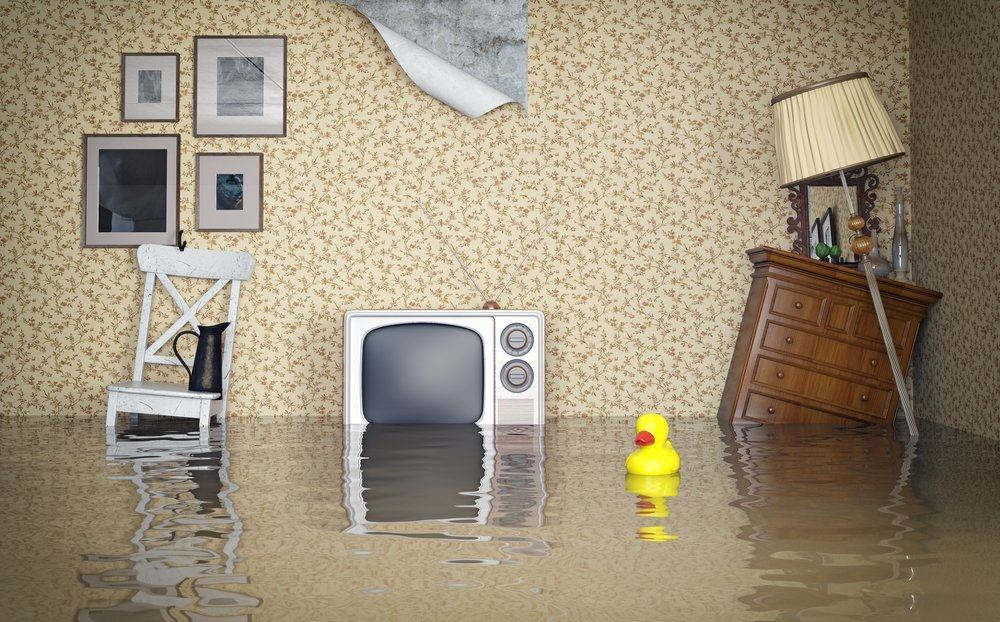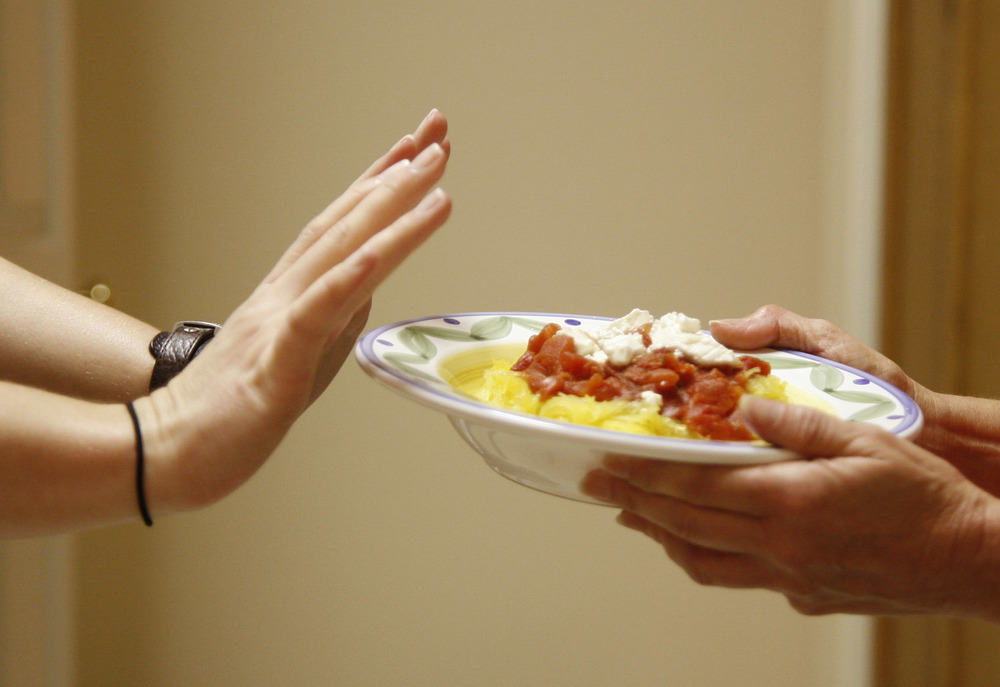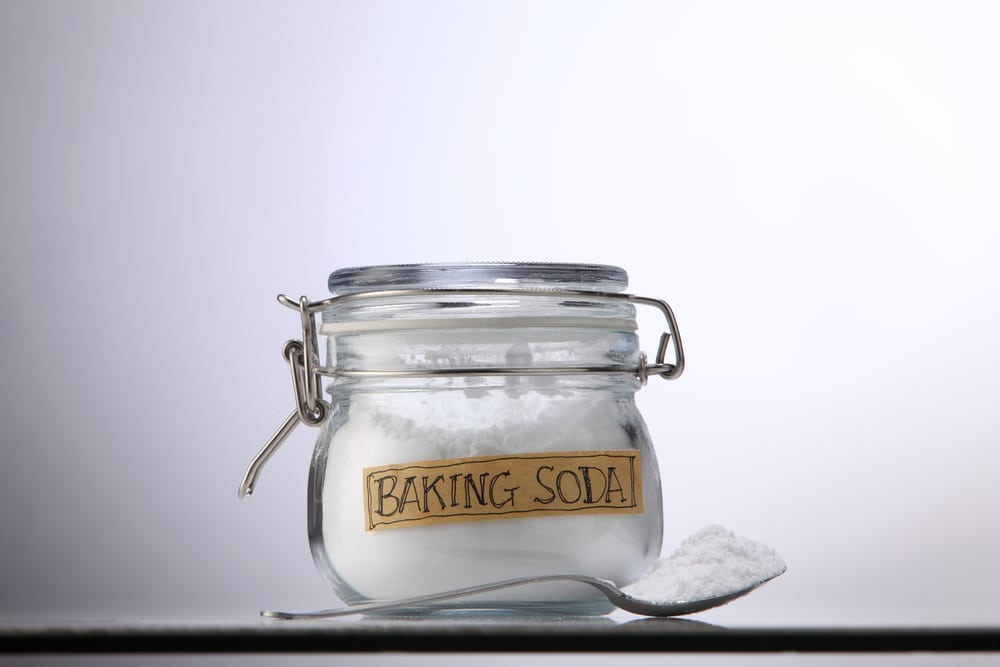Contents:
- Medical Video: How to Prepare for a Flood | Disasters
- Preparations for facing floods
- What needs to be done when the flood hit
- What needs to be done after the flood
Medical Video: How to Prepare for a Flood | Disasters
Flooding is an event of overflow of water that inundates the surface of the ground, but its height exceeds the normal limit. Floods can be caused by high rainfall, storms, tidal waves, or other natural events. Floods can also be caused by human behavior, such as reduced water catchment areas due to deforestation and development of settlements, poor handling of garbage and waterways, and so on.
Floods that cannot be handled can cause loss and loss of life. Flood disasters are often followed by various health problems, such as skin diseases, diarrhea, dengue fever, leptospirosis, and others. Emerging diseases are caused by unhealthy ways of life, including consuming water that is not clean.
Do you remember the 2007 Jakarta flood event? On February 1, 2007, almost 60% of the DKI Jakarta area was flooded. According to the Jakarta PMI data, 48 people died and 337,181 people were forced to flee in shelters, such as in schools, houses of worship, highways, and other public facilities. With the many losses caused by floods, the Indonesian Red Cross (PMI) provides various information to all of us to face flooding.
Preparations for facing floods
If your residence is a flood-prone area, or an area that has a potential for flooding, then you need to do the following:
- Make a plan or map of the house and the environment around you. Mark the places that are usually flooded. Safe and dangerous places must also be marked. If you can't do it yourself, invite your family to do it. Look for information from other people around you. If the map has been prepared, discuss flood mitigation measures.
- Know the early warning system in your environment. For example, appeals from loudspeakers from houses of worship, bells, kentongan, sirens, and others. If your home environment does not have it, report it to the RT / RW leader or village head to agree.
- Understand the signs of a flood and be aware if it happens. For example, there is continuous heavy rain, overflowing sewers, and high water in the dam or at the floodgates that exceed normal limits.
- Pay attention to the condition of the river around your house. Is it more cloudy than usual? If yes, then you must be aware of the arrival of floods, because rain in higher areas can cause flooding in lower areas.
- Keep important papers such as land certificates, diplomas, certificates, reports, etc. in plastic or in any waterproof bag.
What needs to be done when the flood hit
Sometimes floods have signs listed above. However, flash floods will be very dangerous and come suddenly without any signs. If the flood occurs slowly, you can take the following actions:
- Move items or furniture to a higher place and not reachable by standing water.
- Immediately put out electricity and gas at home.
- Monitor important information delivered via radio, television, or whatever is around you.
- Be prepared for possible evacuation.
- Pay attention to the condition of the water, whether it keeps increasing or not.
- If the rain does not stop and the water does not appear to recede or even increase, immediately evacuate to a safe place or to a place that has been determined by the local government.
- If there is an appeal to evacuate, immediately do so while remaining calm and orderly.
- If you are stuck in a house, try to calm down. Try to find help by contacting relatives, PMI, government offices, or the police.
- Keep your life clean and healthy.
- Try not to sleep in the open.
What needs to be done after the flood
After the flood, you might think of returning home. Therefore, follow the steps below:
- If you evacuate, go back to the house if things are really safe.
- Do not go straight into the house, look at the situation carefully.
- Check the environment around the house in case there are hidden dangers, such as collapsed parts of the house, electrical cables, gas leaks, or dangerous animals.
- Always use footwear.
- Start cleaning the house and the environment around you.
- Wash food and other items with anti-germ soap.
- Pay attention to personal hygiene and health and the environment to avoid various diseases.
Always remember that after the flood recedes, rubbish that is washed away, mud dung, and puddles are still around the house. Various diseases can spread, mainly due to dirty water, unhealthy ways of life, and animals such as flies, mosquitoes, and mice. The types of diseases that often occur include: cough and runny nose, Respiratory tract infections (ARI), flu, skin diseases, diarrhea and vomiting, dengue fever, and leptospirosis.
READ ALSO:
- First Aid For Electric Shock (Electrocution)
- Overcoming Various Types of Insect Bites
- First Aid On Burns












